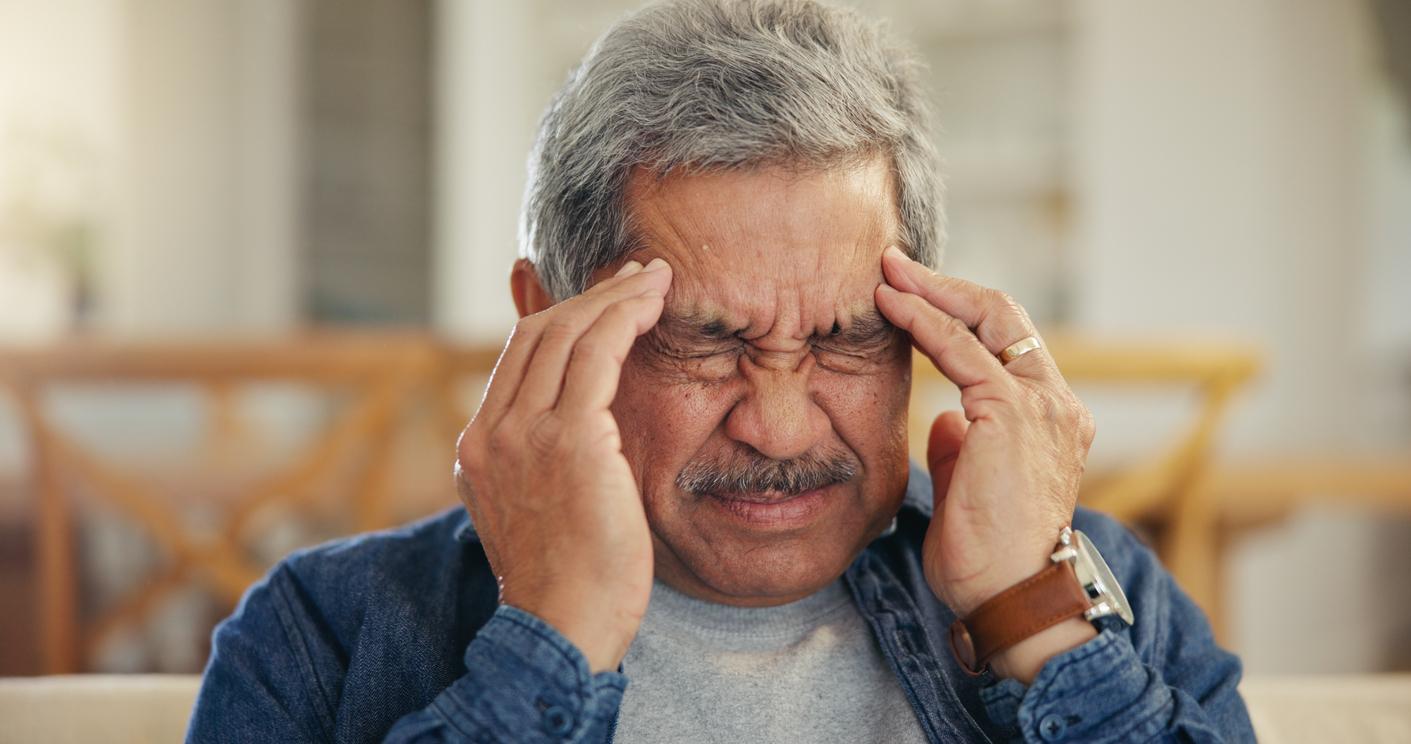Colchicine does not reduce the mortality and length of hospitalization of patients with Covid-19.

- Canadian researchers had raised hopes that this treatment could benefit patients with Covid-19.
- Greece had authorized this drug to treat its patients.
- These results confirm the ineffectiveness of this treatment after testing it on more than 11,000 people suffering from Covid-19.
It is a hope of treatment which disappears. Colchicine, an anti-inflammatory particularly used against gout, had been identified as a potential drug to treat or alleviate the symptoms of Covid-19. The effectiveness of this potential treatment has been examined through the British Recovery clinical trial. Bad news: the latest results pre-published on May 18 in the journal medXriv while waiting to be validated by peers would show its ineffectiveness in hospitalized coronavirus patients.
Greece had authorized the drug
British researchers have reported that the use of colchicine “is not associated with a reduction in mortality (…), length of hospitalization or risk of being placed on mechanical ventilation.” These findings come from a study of 11,340 patients comparing 5,610 people who were treated with the drug and 5,730 who were not. The results now leave almost no room for doubt as to its effectiveness. “Unfortunately, there is no evidence of clinical benefit”, estimated on Twitter Peter Horby, one of the leaders of the Recovery study.
RECOVERY Colchicine result out now as pre-printhttps://t.co/KGUKozfyhO
11340 patients hospitalized with COVID-19 randomized to colchicine vs usual care
Unfortunately no evidence of clinical benefit in primary or secondary outcomes, or in any patient subgroups. pic.twitter.com/VYrcXdgsXW
—Peter Horby (@PeterHorby) May 18, 2021
This drug had a time aroused a lot of hope, in particular on the side of certain Canadian researchers who assured at the end of January last that the anti-inflammatory could significantly reduce complications and mortality in patients with Covid-19. A hope that had even led Greece to authorize its use to treat the disease.
First doubts confirmed
“There was good reason to think it might work (…) but we determined that colchicine was not effective”, asserted Martin Landray, another person in charge of the British trial on Twitter. As early as February, the first doubts had been expressed. Iness, the official Quebec authority in charge of medicines, had then judged “premature to support the use of colchicine in non-hospitalized individuals with a diagnosis” of Covid-19. She even warned against the “possible occurrence of pulmonary embolism following the administration of colchicine in the non-hospitalized population infected with SARS-CoV-2.”
On March 5, Recovery officials had decided to interrupt the trial devoted to colchicine, judging it inconclusive. The results of the data collected so far have proven them right.

.

















